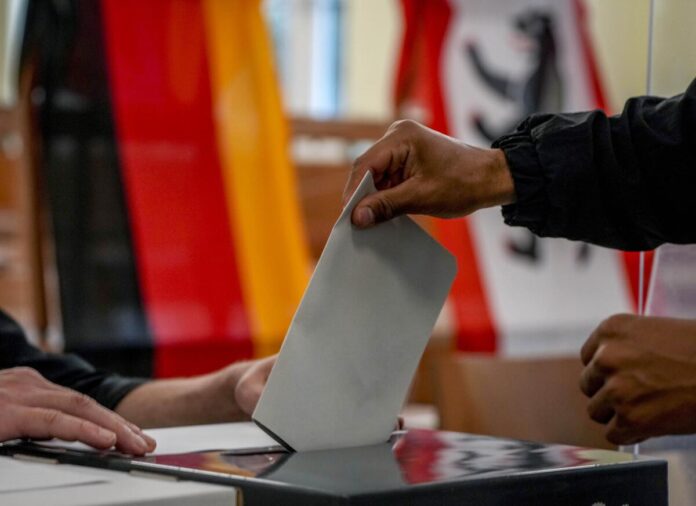Author: Allison Meakem
Affiliation: Foreign Policy
Organization/Publisher: Foreign Policy
Date/Place: SEPTEMBER 27, 2021/USA
Type of Literature: Opinion Article
Word Count: 2693
Keywords: Social Democratic Party, Christian Democratic Union, ARD, German Election
Brief:
This week Germany’s left-leaning Social Democratic Party (SPD) claimed a narrow victory over the Christian Democratic Union (CDU). The SPD has made history by winning the most seats in Germany’s election. Foreign Policy editor Allison Meakem provides an in-depth analysis of the forthcoming political scenarios after the election. The results of yesterday’s election brought CDU and SPD neck to neck. CDU and its allied party tallied 24.1 percent of the national vote while the opponent SPD received 25.7 percent of the total vote casted in the federal election. The leftist Green Party made its best-showing yet, coming in 3rd by receiving 14.8 percent of the total votes where most of its votes came from youngsters. According to Meaken, the splintered results in Germany’s latest election show that historical perspective is perhaps the best determinant of victory, where no party can form the government by its own. The talks for coalition have already begun where Scholz of SPD has articulated his intent to initiate talks. However, Laschet of CDU also seems determined on giving it a try in what would be a last-ditch attempt to become chancellor. After the mixed results, three possible scenarios of coalition emerge. In the first scenario, like 2017, Laschet of CDU prefers “Jamaica coalition” (CDU, Greens, FDP). The Free Democratic Party (FDP) leader, Christian Lindner would also prefer to join the CDU than the SPD. On the other hand, Scholz of SPD would prefer the “traffic light coalition” which is a coalition of three parties that includes SPD, Green Party and FDP. In a third scenario, there is still the possibility of the CDU and SPD working together in a “grand coalition” as they have through most of Merkel’s tenure. However, these three scenarios are not the only options, and there are possible scenarios arising such as the “Germany coalition” (CDU, SPD, FDP) and “Kenya coalition” (CDU, SPD, Greens) that has a tendency to form a government. The best illustration of the complex political scenarios is offered by Wenke Börnsen, an editor at German public broadcaster ARD, whose apt summary of the entire situation likens Germany’s election results to “two maybe-chancellors and two kingmakers”.
By: Maryam Khan, CIGA Research Associate




